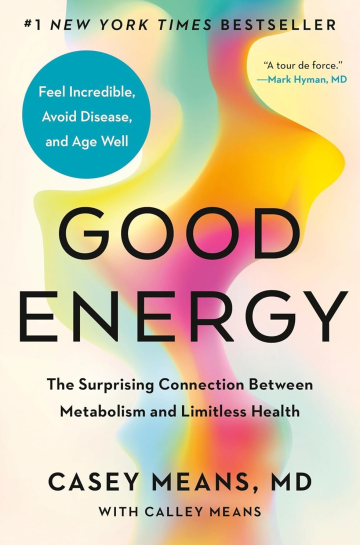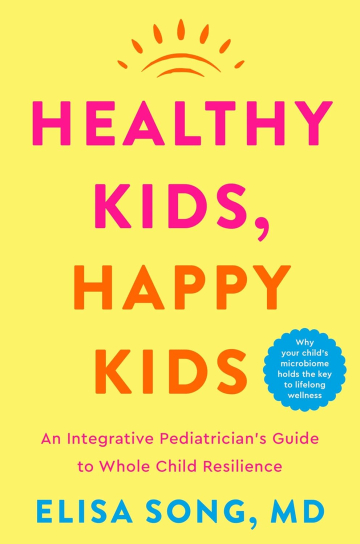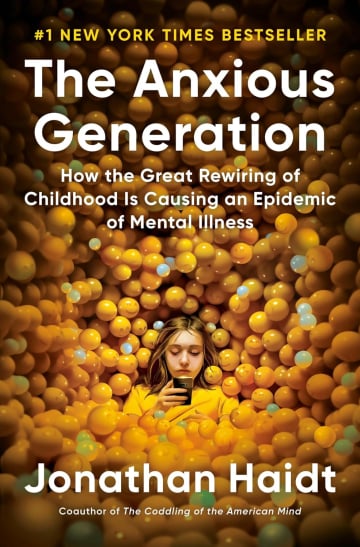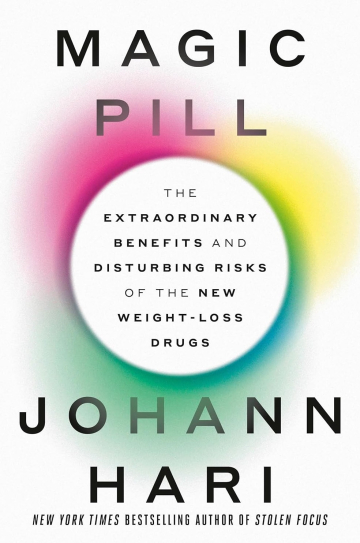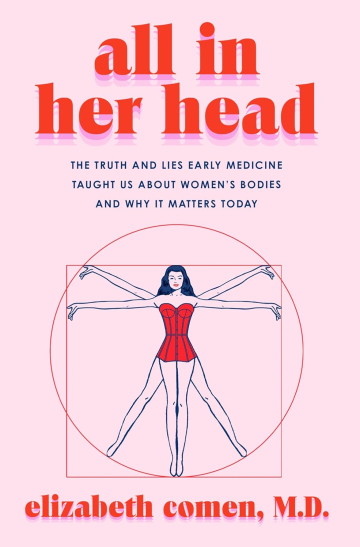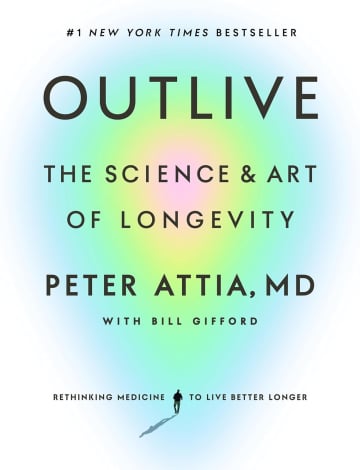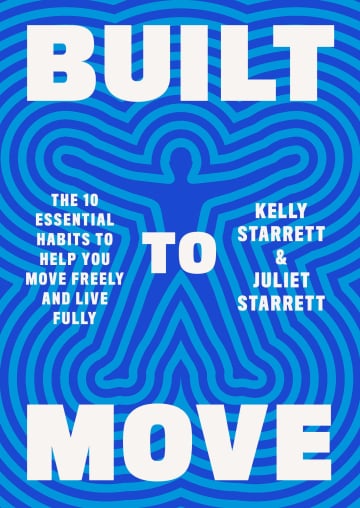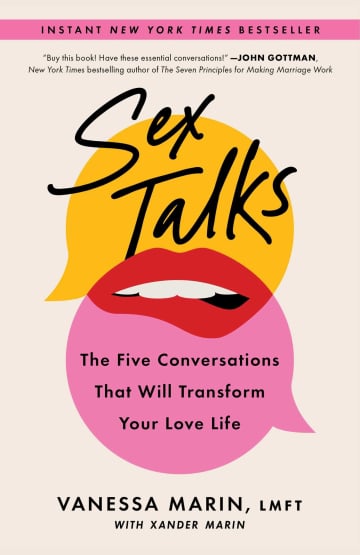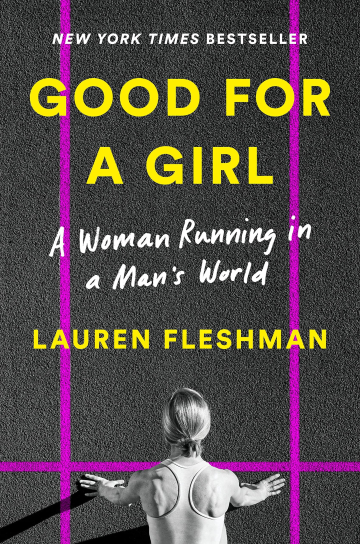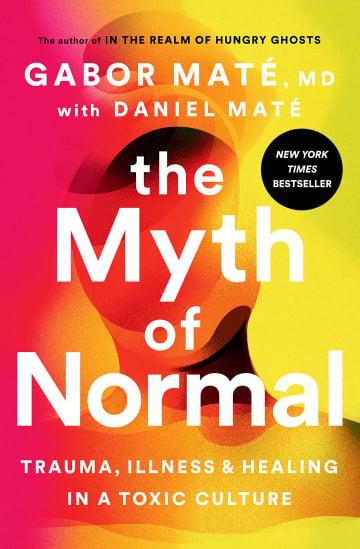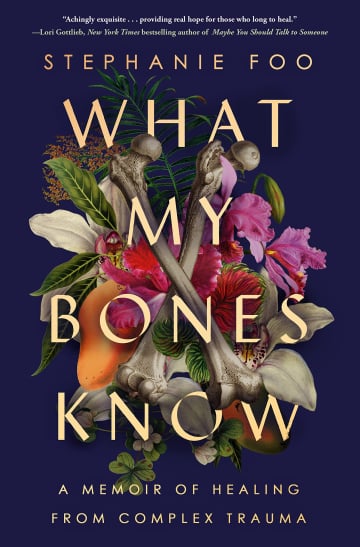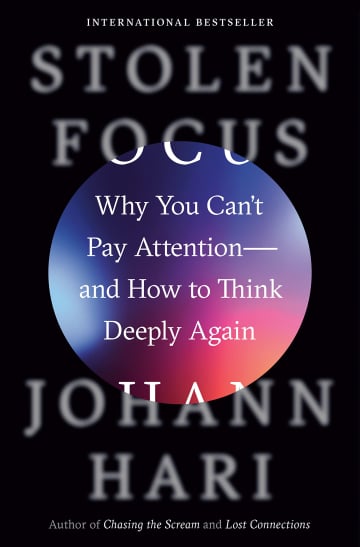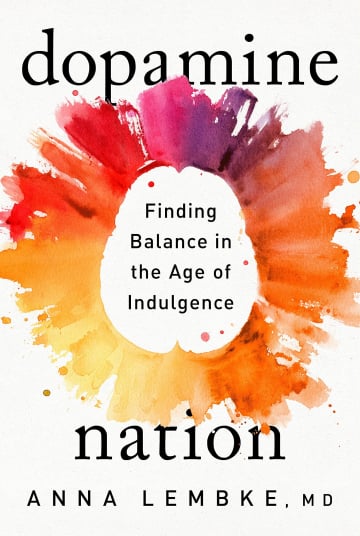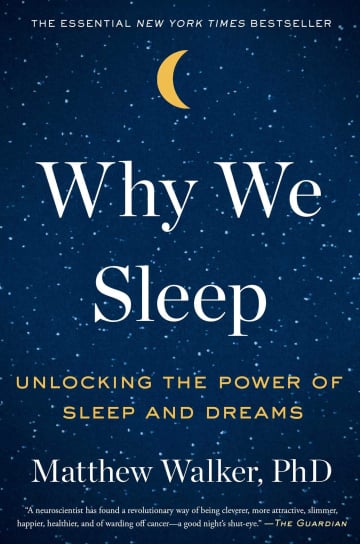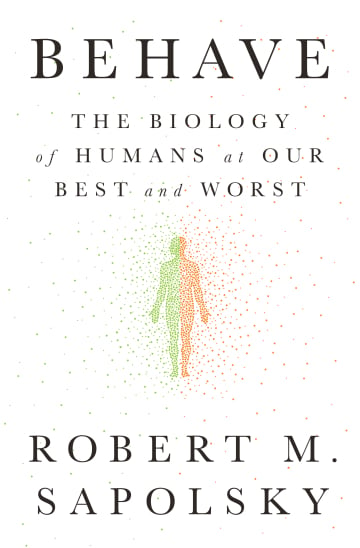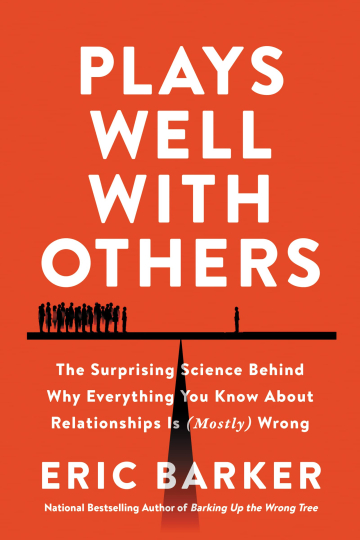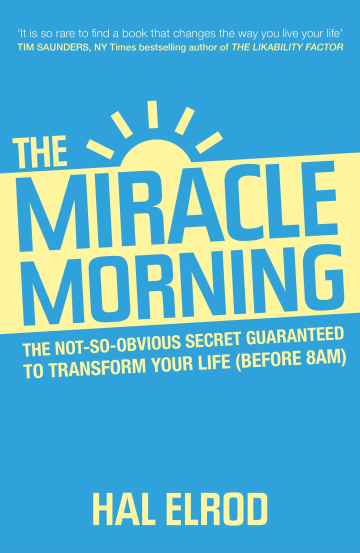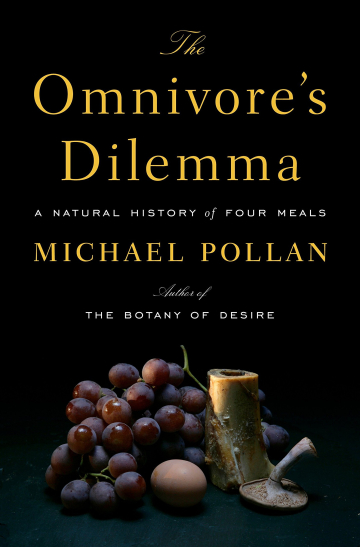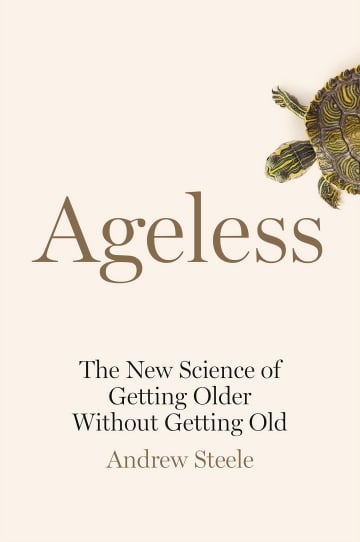
Ageless: The New Science of Getting Older Without Getting Old
⚡️ 14 Quotes from the book
“The average 80-year-old suffers from around five different diseases and takes a similar number of different types of medication for them. Even though it’s entered into idiom, it’s not really possible to ‘die of old age’: instead, these diseases develop and progress until eventually one of them becomes severe enough to take your life.”
“We’ve uncovered huge results in tiny nematode worms: a change in a single gene, indeed a single letter of DNA, can extend a worm’s lifespan tenfold.”
“We now think that ageing isn’t a single process, but a collection of biological changes which make old organisms different from young ones. These phenomena impact every part of us – from genes and molecules to cells and whole systems inside our body – and go on to cause the aches and pains, worsening sight, wrinkles and diseases of the elderly.”
“This is the fundamental reason for ageing – evolution’s inability to keep old animals fit because they are less likely to have children.”
“Rapamycin turned out to be much more than an anti-fungal agent. Further investigation showed that it was a powerful immune suppressant, and also stopped cells from multiplying.”
“Stem cell therapy is one of the hottest areas in medicine, and harnessing stem cells for treatments is very likely to be a key weapon in our arsenal against ageing.”
“Given the synergistic relationship between our immune cells and gut flora, another thing an improved immune system might help with is our microbiome, maintaining its balance later into life and reducing chronic inflammation.”
“Collagen provides the scaffolding for many cells to sit on, from skin to bone. In turn, the cells are responsible for the collagen’s upkeep, producing new collagen to renew the scaffolding on which they sit, like responsible citizens keeping their neighbourhood in good repair.”
“Sometimes the best approach to fixing a hallmark of ageing is neither removal nor replacement, but repair. Our DNA is a case in point: our cells wouldn’t last long without their molecular instructions, and replacing the two metres of the stuff in tens of trillions of cells would be somewhere between impractical and impossible.”
“Having removed, replaced and repaired what we can, the final stage in an actual cure for biological ageing will almost certainly require us to reprogram our own biology, hacking what nature has given us to prevent problematic processes from happening in the first place.”
“To truly cure ageing, we need to take a more holistic, ‘systems biology’ approach. We need to understand that our cells and bodies aren’t made up of a collection of isolated phenomena, each of which can be fixed one at a time, but a complex system of components interacting in tangled networks with each other and even themselves.”
“The crucial moment comes if we can start developing and rolling out treatments for ageing that mean life expectancy rises by one year per year. That would mean, on average, our date of death would be receding into the future as fast as we were all chasing it. If we can keep up this pace of innovation, that could continue to be true into the indefinite future – and it would be a de facto cure for ageing.”
“Curing ageing isn’t just a scientific issue – it’s going to require a shift in our politics, policies and regulations to help breakthroughs in biogerontology progress from research to widespread use.”
“Every day we bring forward a cure for ageing, we save 100,000 lives. We know it’s scientifically possible. It’s now up to all of us to meet the defining humanitarian challenge of our time.”
Related videos
Publications
The Guardian: Do we have to age?
The Times: Ageless by Andrew Steele review— what if we had a cure for getting old?
Forbes: Just $100bn To Cure Aging. A Conversation With Andrew Steele
CNBC: The surprising habit that can reverse aging — and other science-backed strategies
Medium: Can science cure aging?
Ask Albert:
Rate the book
⚡️ Discover Even More Bookish Wisdom
recommends
recommends

